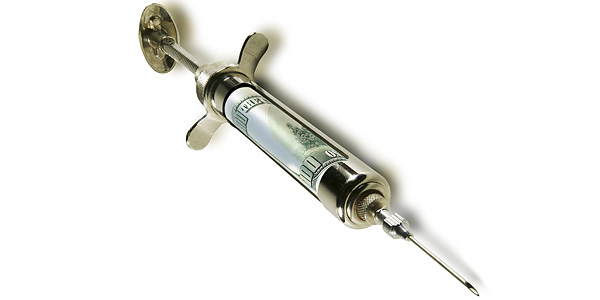Medicalizing Short Stature
November 17, 2011
The US market for growth hormone is estimated at 22 billion dollars. But it wasn’t always so big. Two growth hormone producers, Eli Lilly and Genentech worked hard to medicalize short stature and convince children and their parents that being short is a disease rather than a natural variation in human height. At first the administration of growth hormones was exclusively for children with growth hormone deficiency but this restriction obviously limited the sales market. Expanding it to all children whose height was below the third percentile created a potential 90,000 new customers. Most of those children (and their parents) needed a little push to feel bad about their height. In the early 1990s Eli Lilly and Genentech covertly paid two US charities, the Human Growth Foundation and the MAGIC Foundation, to measure the height of thousands of children in schools and public places, and to urge medical consultations for children whose height was deemed low. To sell more hormones perfectly healthy children and their parents were made to feel as if there was something wrong with them. As if this was not enough the research was paired with a campaign to advertise the hormone to physicians. The campaign became a ‘success’, and tens of thousands of children, half of which didn’t even have growth hormone deficiency, began receiving growth hormones.